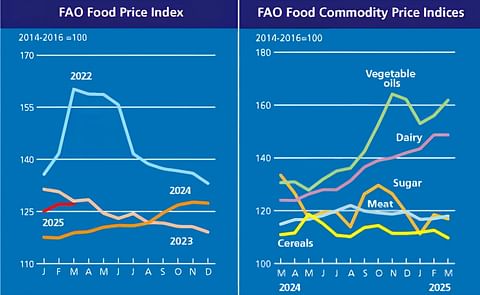Walkers
Pepsico reformulation case study (FDF: Recipe for Change)

“At PepsiCo, our goal is to support healthier lifestyles by providing a range of great-tasting products that are as healthy as possible.
We're very proud of the work we've done to transform the nutritional profile of some of the nation's favourite foods – all without compromising on taste.”
Salman Amin, Chief Executive Officer, PepsiCo UK &Ireland
- The PepsiCo reformulation programme has been in place since 2004.
- 40,000 tonnes of saturated fat and 2,400 tonnes of salt have been removed from the Walkers range.
- The programme, which is an ongoing initiative, has been in place for 5 years and has translated into 45% of the UK savory snacks market having an improved nutrition profile.
- The key challenge has been to implement changes without compromising on taste.
- Since 2003, more than £20m has been invested in research and development – including the development of Sunseed sunflower oil.
As the maker of many of the nation's favourite brands, enjoyed by millions of consumers every day, PepsiCo has a real contribution to make in supporting healthier lifestyles. It aims to do this by offering a range of products that are as healthy as possible without compromising on taste.
Reformulation is a key focus of the drive to make the PepsiCo portfolio healthier. This is illustrated by the transformation of one of the company's best loved brands – Walkers.
Since 2003, saturated fat has been reduced by up to 80% and salt by up to 55% in the Walkers range, removing 40,000 tonnes of saturates and 2,400 tonnes of salt from the British diet.
To make these changes, Walkers invested more than £20 million in research and development over six years. A major part of this investment was spent in building the availability of Sunseed oil, a high oleic sunflower oil, made from a rare breed of seed containing only 10% saturates compared with 45% in traditional crisp cooking oil.
Between 2004 and 2006, the reformulation project focused on Walkers' core range, with the gradual introduction of Sunseed oil and reduction in salt.
The next phase, completed in Spring 2007, targeted the remaining products in the portfolio, including Quavers, Monster Munch, Squares and French Fries.
Walkers phased in these changes and undertook major taste testing along the way to ensure that the flavour that made Walkers the nation's favourite remained unchanged.
One 34.5g pack of Walkers crisps now typically contains half a gram of salt and 0.9g of saturated fat, less than 8% and 5% of an adult's Guideline Daily Amount.
PepsiCo is committed to building on these achievements and continuing the work to make its portfolio as healthy as possible.
As well as reformulating existing products, PepsiCo continues to respond to changing consumer demands and innovate in the development of new, healthier products.













